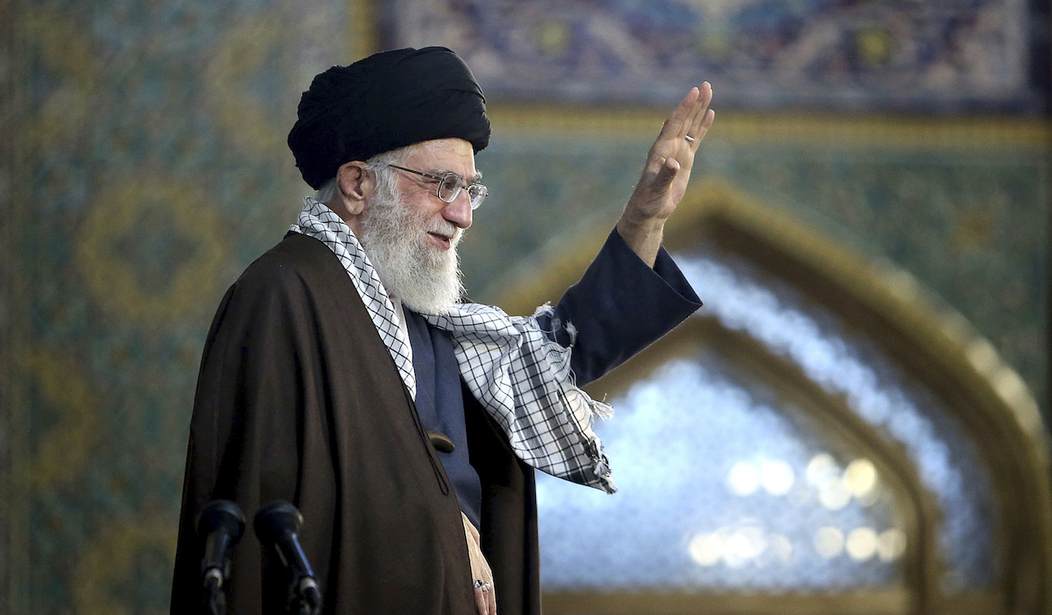Iran Just surpassed the benchmark of 400 executions since the start of the year a few days ago, according to the dissident group National Council of Resistance of Iran (NCRI). And a day before that a spokesperson for Iranian security forces had stated that the “morality police” were resuming their patrols to enforce the mandatory Islamic dress code. The two phenomena go hand-in-hand as Tehran has apparently been stepping up its repression of dissent in anticipation of the September anniversary of a nationwide uprising that has been widely described as the greatest-ever challenge to the theocratic dictatorship.
The uprising was sparked by the death of Mahsa Amini, a 22-year-old Kurdish woman, during a trip to Tehran. Amini was violently assaulted by the morality police, leading to her falling into a coma and dying in hospital three days later. Her funeral became the site of the first anti-government protests, which quickly spread to 300 localities across all 31 Iranian provinces. At the same time, protesters chanted slogans against the entire system underpinning the forced veiling.
Tehran has been struggling to restore the status quo ever since.
The continued leak of videos to social media indicates that Iranians are defying the consequences for expressing anti-government sentiment. Chants of “death to the dictator” can still be heard periodically in a wide range of cities and towns, fueling widespread expectations that the uprising will be strongly rekindled in the future.
This would be remarkable in view of the regime’s response. According to the People’s Mojahedin Organization of Iran (MEK) network inside Iran, more than 750 people were killed and 30,000 arrested. At least seven protesters have been executed in the aftermath of those initial crackdowns, and dozens of others have been charged with crimes that could lead to the death penalty. But amidst an international solid backlash against the crackdown, the regime has evidently been wary of openly implementing these sorts of death sentences.
Recommended
Instead, it has relied on an increase in the rate of executions for all other categories of crime in hopes of intimidating the public into more general silence and enforcing silence that way. The strategy has evidently failed, but now the regime appears to be experimenting with new approaches. In recent days, there have been reports of targeted reprisals against political activists and participants in earlier anti-government protests, as well as a sharp increase in the rate of executions for women specifically.
The National Council of Resistance of Iran, the coalition of democratic opposition forces, called attention to the capital sentence that had been handed down to Mohammad Javad Vafaei-Sani, a boxing champion who was arrested in 2019 for supporting the MEK, which is the NCRI’s leading constituent group.
More than 90 current and former UN human rights experts and NGOs asked the UN rights chief, Volker Turk to intervene urgently to prevent his execution. A former head of the International Criminal Court, 19 current and former UN officials, former government ministers and seven Nobel laureates were among the signatories to the letter.
This move came roughly a week after authorities arbitrarily extended the sentence being served by the teacher and political activist Hashem Khastar and about two weeks after new charges were filed in pursuit of the same outcome for Maryam Akbari Monfared, who is presently 13 and a half years into a 15-year sentence stemming from her pursuit of justice for siblings who were killed by the regime many years ago while supporting the MEK.
In the wake of so much public attention to Amini’s death and the people’s uprising, there is also a further implication to the return of the morality police and the accompanying increase of pressure on political prisoners and the general public. These things indicate that the regime has little fear that it will face severe consequences on the world stage if it continues to accelerate its human rights abuses. This, in turn, underscores the fact that economic sanctions alone are inadequate to confront the regime’s crackdowns and other malign activities.
On July 12, the NCRI president Maryam Rajavi appeared at the Italian parliament upon the invitation of a cross-party group of lawmakers and once again laid out a series of policy recommendations that include the pursuit of criminal charges for Iranian officials in international court and designation of the Islamic Revolutionary Guard Corps as a foreign terrorist organization.
“Today, I stand before you to urge the Parliament, the people, and the government of Italy to adopt this rightful and principled policy, which recognizes the Iranian people's struggle to overthrow the religious dictatorship,” she said. She went on to predict that Tehran “will continue to be unable to quell the ongoing waves of uprisings.”
It is time for the West to show a principled reaction to Tehran’s crimes that stem from its fear of its own people and their cries for freedom.
























Join the conversation as a VIP Member